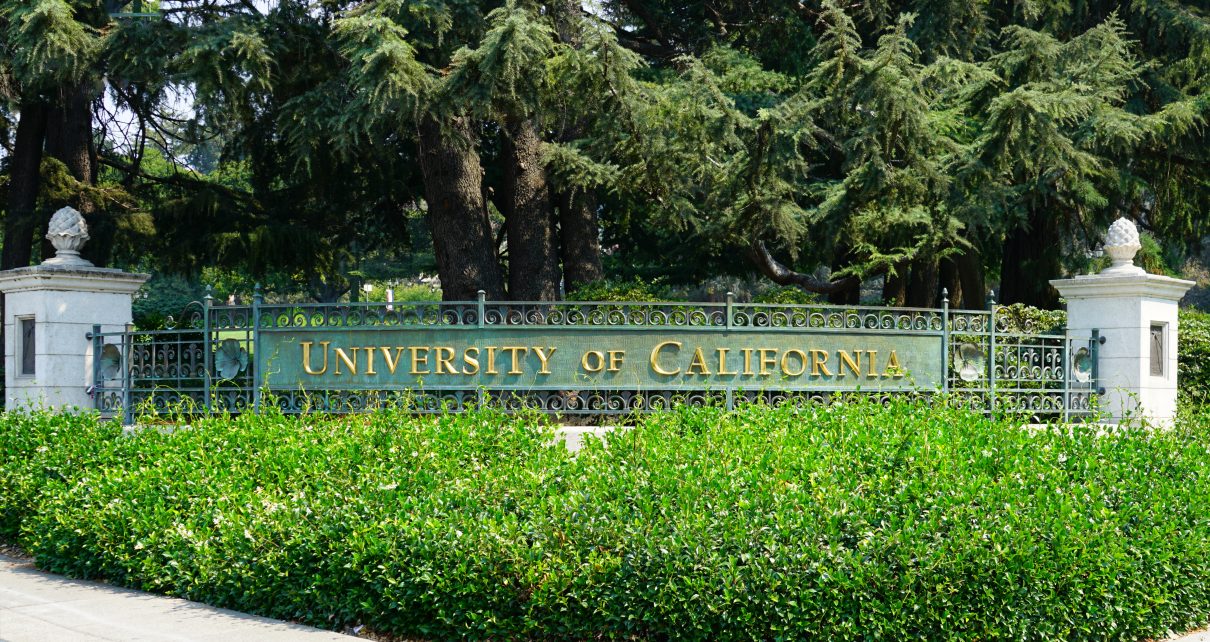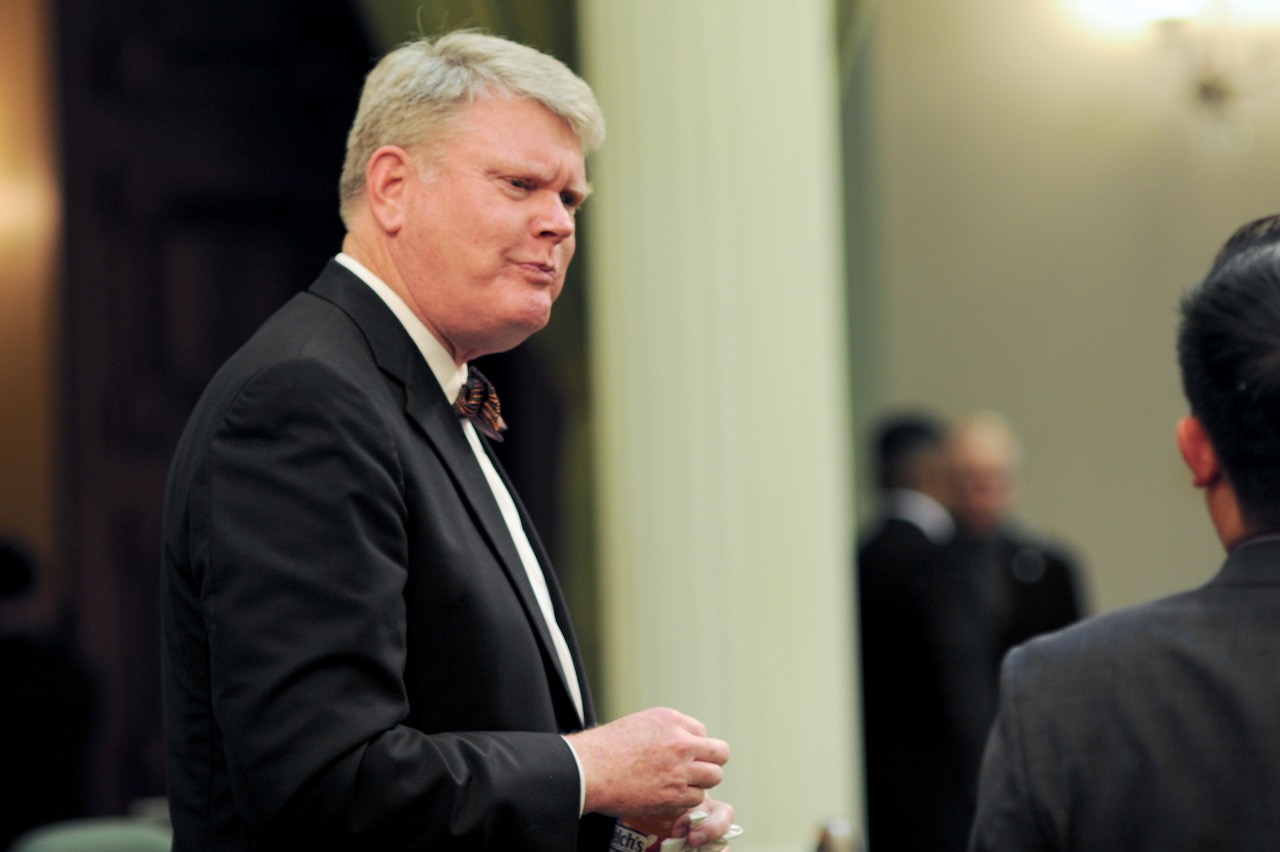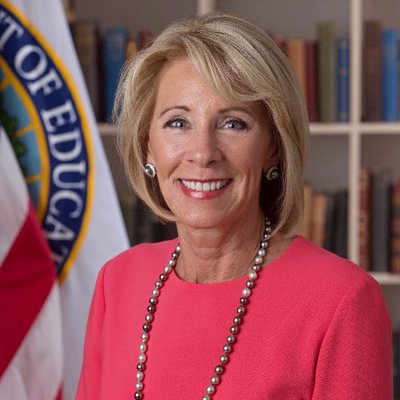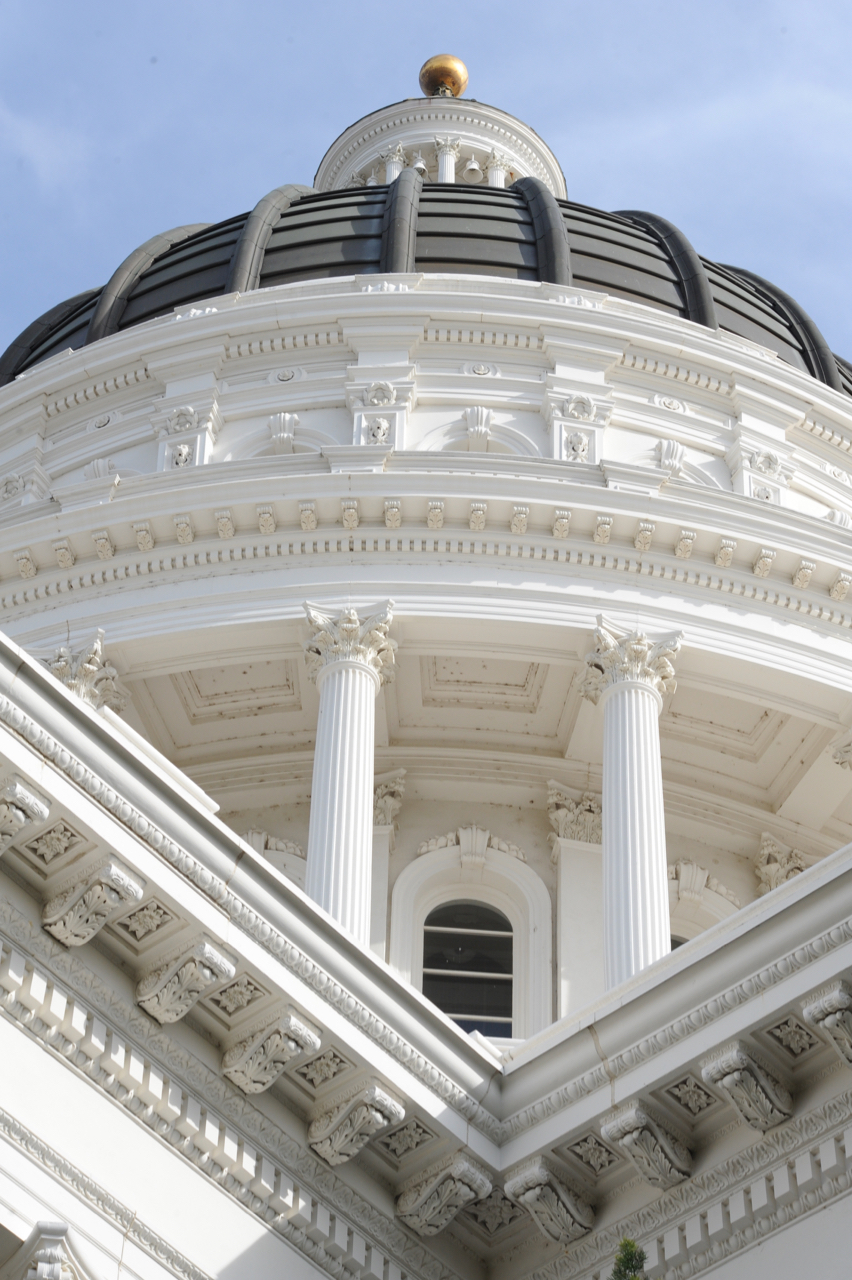
View of the campus of the University of California, Berkeley. (Photo: EQRoy, Shutterstock)
The Folly of Student Loan Cancellation
Yet more politically motivated spending of money we don’t have
By Martin Marks, May 27, 2022 2:30 am
“Neither a borrower nor a lender be.”
This line of course is from Act I Scene 3 of perhaps one of the greatest works of literature, Hamlet. And with the Biden Administration and the Left once again revving up the prospects for student loan cancellation, you wonder if ol’ Bill Shakespeare was around today, would he rework the line to:
“Sure. Be a borrower. A lender? Eh, not so much.”
So, here we are in the midst of the highest inflation rate we have seen in more than 40 years—an inflation rate directly attributable to the government printing up money and absolutely just giving it away—and the U.S. government sees a moral imperative for yet another pure giveaway program. As with so many government spending plans of the past, while there might be a moral imperative at issue in the eyes of some, there is also a political imperative at play with an administration whose floundering poll numbers portends dramatic losses for Democrats in this November’s Congressional elections. Shoring up, or perhaps recapturing a heretofore reliable base—the under 30 crowd—by sending a few bucks their way is certainly worth a couple ticks up on the inflation rate, no?
The concept of student loans goes back a lot farther than you might think. It is noted that as early as the 13th century, aspiring students at Oxford, one of the world’s oldest universities, were required to place family’s valuables in a box to serve as collateral for interest free funding of their education. In the United States, Harvard University was the first private university to establish a student loan program in 1838. Public institutions followed with loan programs of their own, and the U.S. government then began providing loan and aid programs which began with the G.I. Bill established in 1944. Many other programs, and agencies to service them, followed which gave us a dizzying array of acronyms such as NDEA (National Defense of Education Act), Sallie Mae (Student Loan Marketing Association), GSL (Guaranteed Student Loan), FFEL (Federal Family Education Loan), FAFSA (Free Application for Student Aid), and many others.
As the cost of education has risen precipitously over the decades, so has the average amount of student loan debt for college graduates. Measured in 2021 dollars, a student graduating in 1975 faced a $5060 debt, while now that debt burden has risen more than six-fold to $31,100. Perhaps more shockingly, as those education costs rose and the number of students in loan programs also increased, the total national student loan indebtedness figure has risen from $330 billion in 2003 to $1.75 trillion today; just twenty years later. Finally, the most eye-popping statistic of them all is a look at the Debt to Income ratio (DTI)—a direct assessment of the new graduate’s ability to repay their ever-increasing loan burden as related to their income out in the real world. The DTI was 8.3% in 1975 and is now a staggering 54.6%.
So, how did we get to the point where the thought of student loan cancellation can now be considered mainstream, when just a few years ago it was a simply a taking point of the fringe Left like the Occupy Wall Street Crowd? Look no further than the political maneuvering of the 2020 Democrat Presidential primary season when the likes of Sen. Elizabeth Warren (D-MA) proposed cancelling student debt up to $50,000 and then in a game of Can You Top This, Sen. Bernie Sanders (I-VT) advocated for cancelling all student debt regardless of income. Subsequently, the ultimate winner of that Democrat nomination, Joe Biden said he would be open to the idea of using executive authority to cancel student debt if elected. Now it is President Biden who appears to be in full throat approval to move forward with student debt cancellation.
Immediate and obvious questions arise when reasonable minds confront the prospect of nearly $2 Trillion of student debt load being wiped clean, and instead be transferred to the backs of American taxpayers.
What about all the students and their supportive families who sacrificed to pay for post-high school education either through their own diligent savings or by actually repaying student loans over the years? Shouldn’t they be considered for compensation as well?
The typical reply you would get from the pro-student loan cancellation crowd would be, “Hey, just because we have come up with a new, innovative concept that past generations couldn’t take advantage of, doesn’t mean we shouldn’t implement it now. Social Security was not available to seniors until 1935, but that didn’t stop us from moving forward with it then.”
Okay, fine. Say we do just cancel all the student loans and simply add to the ever-escalating National Debt. Then what? From that point forward, will students magically be able to afford a college education without signing on for tens of thousands of dollars of new debt?
Well if you asked the aforementioned perennial presidential candidate Bernie Sanders, he would, and already has told us by co-sponsoring the College for All Act of 2021 (CFAA) that all college education should be free for those that want it. While it is difficult to pin down what the actual cost would be to the American taxpayer, some back of the envelope calculations yield a staggering figure of well north of $200 Billion per year! And of course, offer anything for free and there is little doubt that the demand and costs skyrocket from there.
Why target student loan cancelation? Sure, student loan debt now tops many forms of debt including credit cards and auto loans, but it falls short of home mortgage debt. Isn’t a lifetime of home ownership and making it more affordable a loftier goal than four years of a pricey university education?
Once again, it would be the cancel student debt advocates who would be quick to point out that cancelling other forms of debt would be too complicated, as that debt is held mostly by private institutions. Student debt is predominately held by the U.S. government and cancelling it would be as easy as a simple Joe Biden signature.
Maybe we are looking at this all wrong. Instead of saddling future generations of American taxpayers with the responsibility of paying junior’s college education. Perhaps we should be asking (and answering) the following questions:
With college costs being where they are, is post high school education really for everybody? Why do we allow educational institutions to proffer usurious loan programs for students? Why do students enroll in nonsensical majors only to find that their diploma isn’t worth the parchment it is printed on?
Why does a college education cost so much to begin with?
Finally, in addition to the financial consequences for the U.S. National Debt, inflation, and our overall economy, one ought to consider the implications of creating a moral hazard of allowing a generation of students and recent graduates to believe that others ought to pay for the education and financing decisions—some of them quite ill-advised if not foolish—they have willingly made. It is American tradition to look to succeeding generations and label them as entitled. Student loan cancellation would no doubt bolster that premise.
- Time to Take The Human Touch Out Of Redistricting - January 20, 2026
- Vice President Vance Visits The Golden State - February 22, 2025
- Is DEI Ready To DIE? - January 4, 2025





You took the loan out now uou can pay it back just like everyone before you did!
I fundamentally disagree with the “either/or” proposition of this article. Politicians continue to speak about personal responsibility as it pertains to this topic, while simultaneously giving handouts to faceless special interest groups, businesses, and organizations. This is perfectly summed up by the fact that tax deductions continue to erode for individual W-2 wage tax payers. Seems that politicians are against action that will have direct relief for individuals because it will mean less for them to steer toward groups and businesses. With that said, why not let higher income W-2 wager earners write off student loan interest instead of allowing the mega rich to borrow against their wealth tax free.
IRS has considered cancelled loan debt as taxable income.
Ready for that dust up?
So because wanna-be educated college kids made a bad choice, in their opinion, taxpayers are footing the bill? I don’t think so! If you’re lazy and looking for freebies like that, I suggest you go south of the border you’ll be in good company down there.